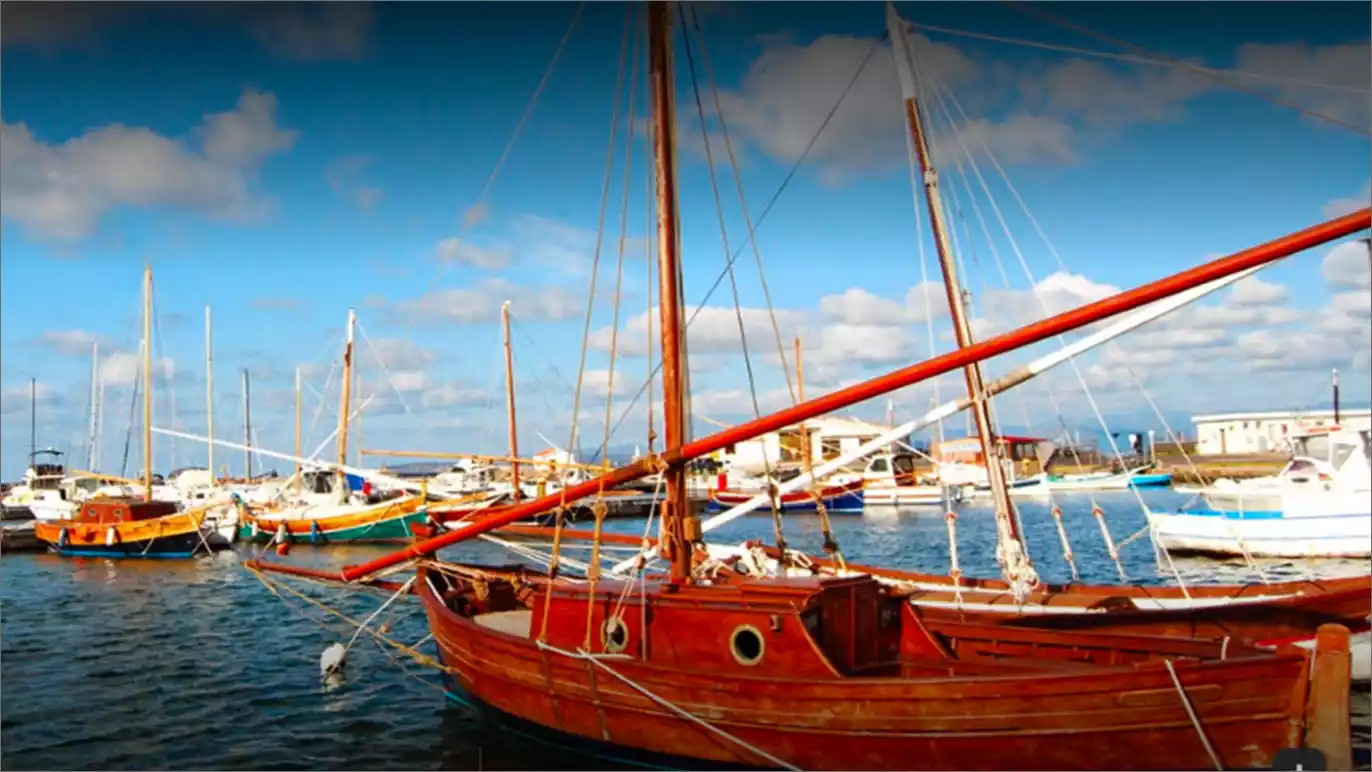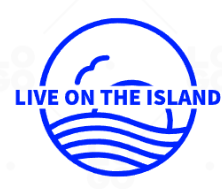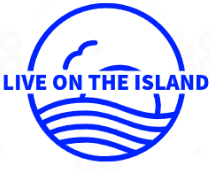E-Learning Platform "Live on the Island"
Blogue do site


E-Learning Platform "Live on the Island"
ERASMUS + Live on the island
8 organizations from 8 different islands from all over the world in an ERASMUS + for the development of awareness of the environment
The premise of the project is the awareness that protecting the environment and conserving the resources of our planet represents a challenge that can no longer be avoided: today, the world is radically different choices that are different from those made in the past, far from the current production model.
As is known, islands are particularly affected by environmental degradation and climate change, due to a more fragile ecosystem and geographical barriers that often lead to conditions of particular socio-economic vulnerability. For the island communities, therefore, "sustainability" and "resilience" are essential characteristics to combat the degradation of their territory and consequently depopulation, youth emigration, and the transformation of the territories into "tourism colonies" with important social and environmental consequences.
Therefore, we consider the promotion of environmental education which is configured as a continuous process of learning ways of living with a rapidly evolving nature due to climatic and economic factors to be particularly important in these contexts.
Young people have a leading role in promoting different models of consumption and production: developing their awareness of the environment and learning knowledge, values, attitudes and practices of sustainable development through the exchange of experiences is therefore of primary importance. Faced with this, due to important geographical and socio-economic obstacles, many young islanders enjoy limited mobility and exchange opportunities.
Consortium
- Ottovolante Sulcis (Sant’Antioco, Italy)
- Teatro Metaphora (Madeira, Portugal)
- Social Cooperative of Cyclades- Altera Vita.(Syros, Greece)
- Community Forests Pemba (Pemba, Tanzania)
- SYAH Cabo Verde (Cape Verde)
- Morobe Development Foundation (Papua New Guinea)
- CEMEA Martinique (Martinique)


The premise of the project is the awareness that protecting the environment and conserving the resources of our planet represent a challenge that can no longer be avoided: today, the world is radically different choices that are different from those made in the past, far from the current production model.
As is known, islands are particularly affected by environmental degradation and climate change, due to a more fragile ecosystem and geographical barriers that often lead to conditions of particular socio-economic vulnerability. For the island communities, therefore, "sustainability" and "resilience" are essential characteristics to combat the degradation of their territory and consequently depopulation, youth emigration, and the transformation of the territories into "tourism colonies" with important social and environmental consequences.
Therefore, we consider the promotion of environmental education which is configured as a continuous process of learning ways of living with a rapidly evolving nature due to climatic and economic factors to be particularly important in these contexts.
Young people have a leading role in promoting different models of consumption and production: developing their awareness of the environment and learning knowledge, values, attitudes and practices of sustainable development through the exchange of experiences is therefore of primary importance. Faced with this, due to important geographical and socio-economic obstacles, many young islanders enjoy limited mobility and exchange opportunities.
To increase the quality and impact of their projects on the environment and the communities in which they are integrated, organizations and operators active in the youth sector need continuous theoretical and practical updates in the field of environmental protection, which is in rapidly evolving.
In this context, the project aims to provide organizations and youth workers with a set of theoretical and practical tools to develop environmental education strategies aimed at young people that are effective and relevant to the specificity of the islands, through the exchange of methodologies between similar realities and experiential learning based on the practical application of notions. The starting point will therefore be the development of a common reflection on how the currently hegemonic production model affects ecosystems and the life of island communities, and on possible strategies for promoting more ecological and equitable economic models. During the follow-up phase, support will be provided for the practical application of the concepts learned in projects for the promotion of education and environmental sustainability in their territories.
The main target group of the project are the youth, social and environmental workers of the partner organizations.
The main purpose of this project is to improve the skills and competence of youth workers, social and environmental operators, operating in the particular contexts of the islands and improve the quality of their work connected with the sustainability of the reference territories, projects and initiatives on the islands and increase the impact of the actions of the organizations involved.
The project aims to improve the skills of partner organizations, their staff and youth and environmental operators active on the islands and in particular:
• will strengthen the general knowledge and theoretical and practical skills of operators on environmental and sustainable development issues;
• provide them with study bases to understand the specific context of the island and its weaknesses;
• will indicate environmental monitoring strategies aimed at understanding the transformations of the territory and the critical issues;
• will experiment with non-formal education methodologies useful for involving young people;
• will increase the capacity of organizations to carry out actions and initiatives, the quality of the proposed activities, the impact on the territory and on the community, in the direction of greater sensitivity, information and aware behaviour;
• will identify practical tools to be applied in individual contexts in order to act autonomously and to be able to direct local policies towards environmental protection issues.
• increase the capacity of organizations to collaborate with partners on an intercontinental level with reference to common theories and practices.
Project structure
The project structure combines closely related activities as follows:
- Kick-off meeting for country coordinators (Sant’Antioco Island, Italy - 9 people);
- Training Course 1 for youth workers, which includes study visits (Santo Antao Island, Cabo Verde - 27 people);
- Training Course 2 for youth workers, which includes study visits (Iz Island, Croatia - 27 people);
- Local Practice Phase and Local Activities - Practice phase and local activities of youth workers: putting into practice the learning, methods and practices developed and tested in a series of workshops, meetings and initiatives in the local community;
- Final evaluation meeting - evaluation meeting with coordinators and some of the youth workers (Pemba Island, Tanzania - 18 people)
- Local dissemination and follow-up activities.
